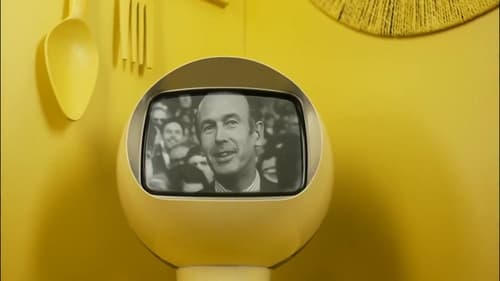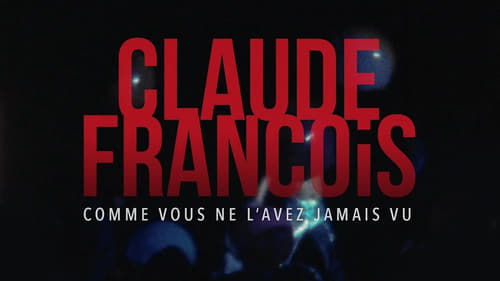Claude François
Birth : 1939-02-01, Ismaïlia, Egypt
Death : 1978-03-11
History
Claude Antoine Marie François (1 February 1939 – 11 March 1978), also known by the nickname Cloclo, was a French pop singer, composer, songwriter, record producer, drummer and dancer. François co-wrote the lyrics of "Comme d'habitude" (composed by Jacques Revaux), the original version of "My Way" and composed the music of "Parce que je t'aime mon enfant", the original version of "My Boy". Among his other famous songs are "Le Téléphone Pleure", "Le lundi au soleil", "Magnolias for Ever" and "Alexandrie Alexandra". He also enjoyed considerable success with French-language versions of English-language songs, including "Belles! Belles! Belles!" (The Everly Brothers' "Made to Love"), "Cette année là" ("December, 1963 (Oh, What a Night)") and "Je vais à Rio" ("I Go to Rio").
François sold some 35 million records during his career (and after his death) and was about to embark for the United States when he was accidentally electrocuted in March 1978 at age 39. Former French President Valéry Giscard d'Estaing is quoted as saying Claude François was, to him, "the French equivalent of The Beatles, meaning the great talent of a generation".
The son of a French father and a Calabrian mother, Claude Antoine Marie François was born in Egypt, in the city of Ismaïlia, where his father, Aimé François (1908–1961), was working as a senior manager in the Anglo-French Suez canal company on the Suez Canal. In 1951, the job took the family to the city of Port Tewfik (now Suez Port). Claude had an older sister, Josette (born 1934), who wrote her memoirs in 2008.
François' mother, Lucia Mazzeï (1910–1992) was very musical and had her son take piano and violin lessons. On his own, the boy learned to play the drums. As a result of the 1956 Suez Crisis, the family returned to live in Monaco, The family's expulsion from Egypt was traumatic. They struggled financially after François' father fell ill and could not work. Claude found a job as a bank clerk and at night earned extra money playing drums with an orchestra at the luxury hotels along the French Riviera. With a good singing voice, he was offered a chance to sing at a hotel in the fashionable Mediterranean resort town of Juan-les-Pins. Claude's show was well-received and he began to perform at the glamorous night-clubs along the Côte d'Azur. While working in a club in 1959, he met Janet Woollacott; they wed in 1960. Claude's father turned his back on his son when he became a musician in Monte Carlo in 1957.
François moved to Paris, where there were many more opportunities to pursue his career. At the time, American rock and roll was taking hold in France and he took a job as part of a singing group to make a living. With the goal of eventually making it as a solo act, he paid the cost to record a 45rpm. Trying to capitalise on the American dance craze "The Twist", he recorded a song titled "Nabout Twist" that proved a resounding failure. Undaunted, in 1962 he recorded a cover version in French of an Everly Brothers song, "Made to Love", aka "Girls, Girls, Girls", under the name "Belles! Belles! Belles!". ...
Source: Article "Claude François" from Wikipedia in English, licensed under CC-BY-SA 3.0.






